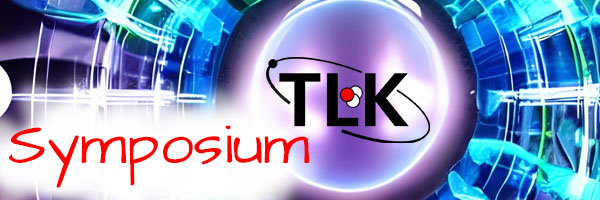Speaker
Description
Hydrogen Isotope Research Center (HRC), University of Toyama, Japan has been licensed to use 8 TBq of tritium per day. This handling capability of tritium allows to perform investigations on tritium measurements, tritium-material interactions and preparation of tritiated targets for nuclear reaction studies. The objective of this presentation is to introduce several tritium measurement techniques developed in HRC together with recent activities on tritium target fabrication.
β-ray induced x-ray spectrometry (BIXS) has been developed in HRC [1]. The escape depth of β-rays from tritium in a solid are just a few hundred nanometers to a few micrometers, depending on density of the solid. Hence, it is difficult to measure tritium content in a solid and that in gas and liquid phases from outside of a container by β-ray counting. Nevertheless, interactions between β-rays and matters result in generation of bremsstrahlung and characteristic x-rays. Because of far larger escape depths of x-rays than β-rays at the same energy, tritium content in a solid sample can be evaluated by x-ray measurements. Non-destructive depth profiling is possible by analysing x-ray spectrum with consideration of generation and attenuation of x-rays in a sample. A thin beryllium windows covered by high-Z material layer allows the evaluation of tritium content in gas and liquid phases from outside of the container.
HRC also developed a high sensitivity calorimeter capable to evaluate the amount of tritium as low as 40 MBq [2]. In Japan, the amount of tritium allowed to handle without control by regulations is limited to be less than 1 GBq. However, it is difficult to evaluate and control tritium content in imported products. This calorimeter is helping the security authority of Japan via non-destructive measurement of tritium content in imported products.
Dr. K. Miki in Tohoku University, Japan, has proposed to study multi-neutron systems using nuclear reactions of tritium. A self-standing Ti tritide target was prepared in HRC through the collaboration of Dr. Miki and researchers in HRC. Ti tritide targets supported by Cu plates were also prepared for 14 MeV neutron generator. HRC is currently the sole provider of tritide targets in Japan.
[1] M. Hara et al., Fusion Eng. Design 119 (2017) 12-16 and references there in.
[2] M. Matsuyama and M. Hara, Fusion Sci. Technol. 54 (2007) 16–21.

